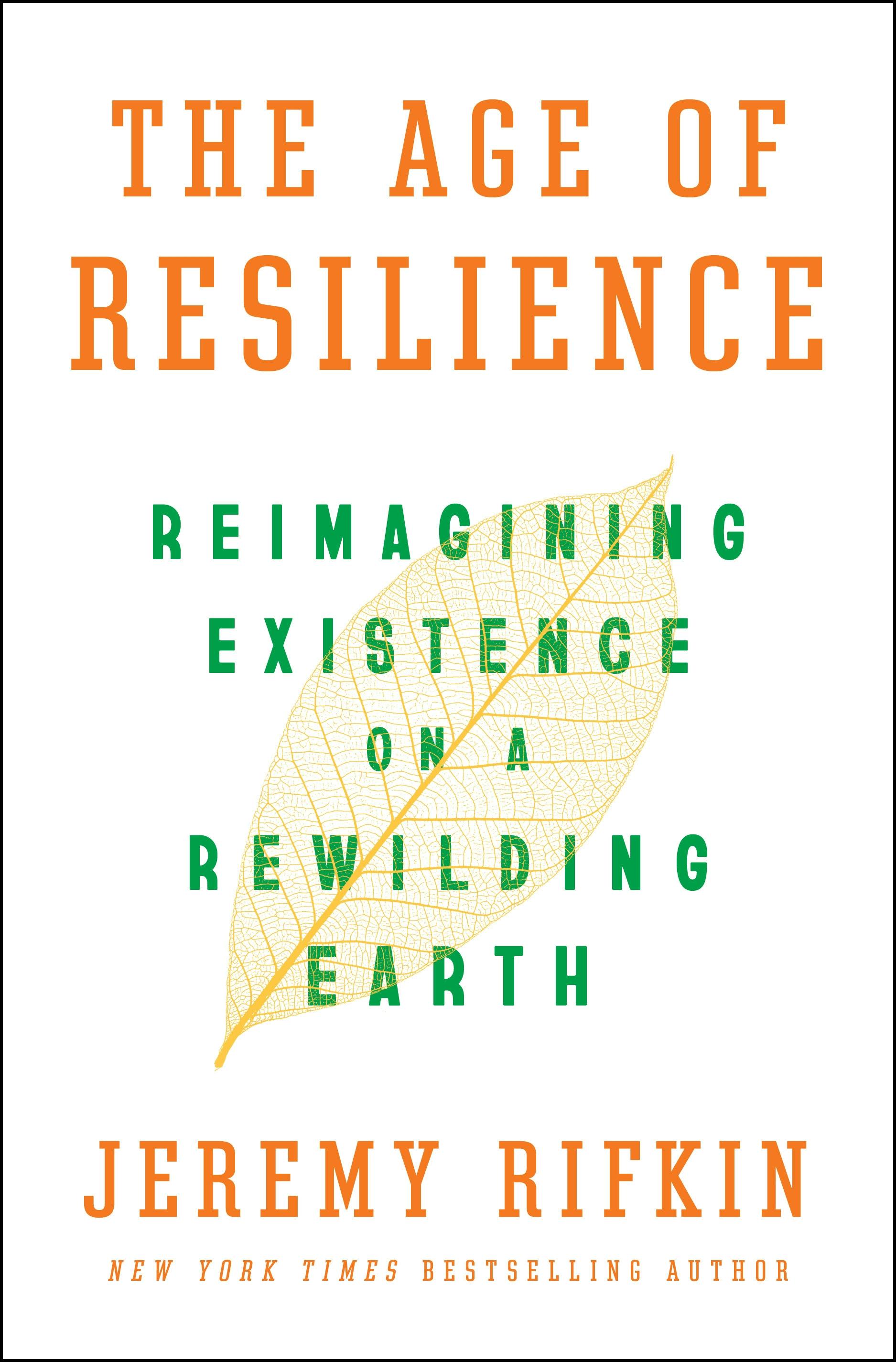"The Age of Resilience" by Jeremy Rifkin

Full description
Rifkin writes about how we as humans have taken the earth as ours for usage instead of seeing it as a symbiotic relationship where we not only take but also give. Rifkin believes this ideology stemmed from the Christian belief that we as humans have control over the land and the sea and that this belief has “led to the collapse of our planetary ecosystems.” However, humans are just as much a part of nature as the trees in the soil or the fish in the sea. The human “body does not belong to us alone but is shared by many other forms of life—bacteria, viruses, protists, archaea, and fungi.” Through time, humans have begun to separate themselves from nature as if a separate entity altogether, one who is not affected by nature and nature does not affect them, which is simply not true. In order for this mindset, which absolves humanity of any responsibility towards the damage they have done to the earth and its ecosystems, to change, people need to realize that they are in fact a part of nature. Doing this and changing the way people think about humanity’s connection to the natural world is the only way real physical change can occur. In order for people who grew up in societies where it was normal to only take from the environment and not give back, to start acting differently in ways that can benefit the environment, they first need to be inspired to do so inwardly. No outward change can be made with inward change first.
Jeremy Rifkin, The Age of Resilience: Reimagining Existence on a Rewilding Earth (St. Martin’s Press, 2022).
Comments
to view and add comments.
Annotations
No one has annotated a text with this resource yet.
- typeImage
- created on
- file formatjpeg
- file size315 kB


